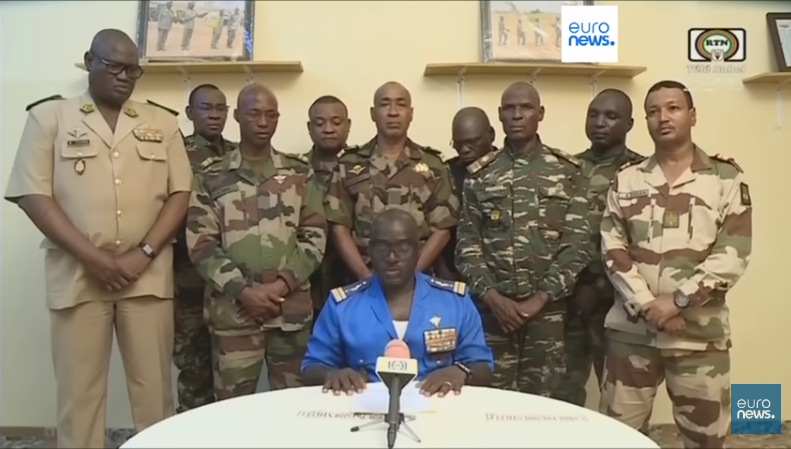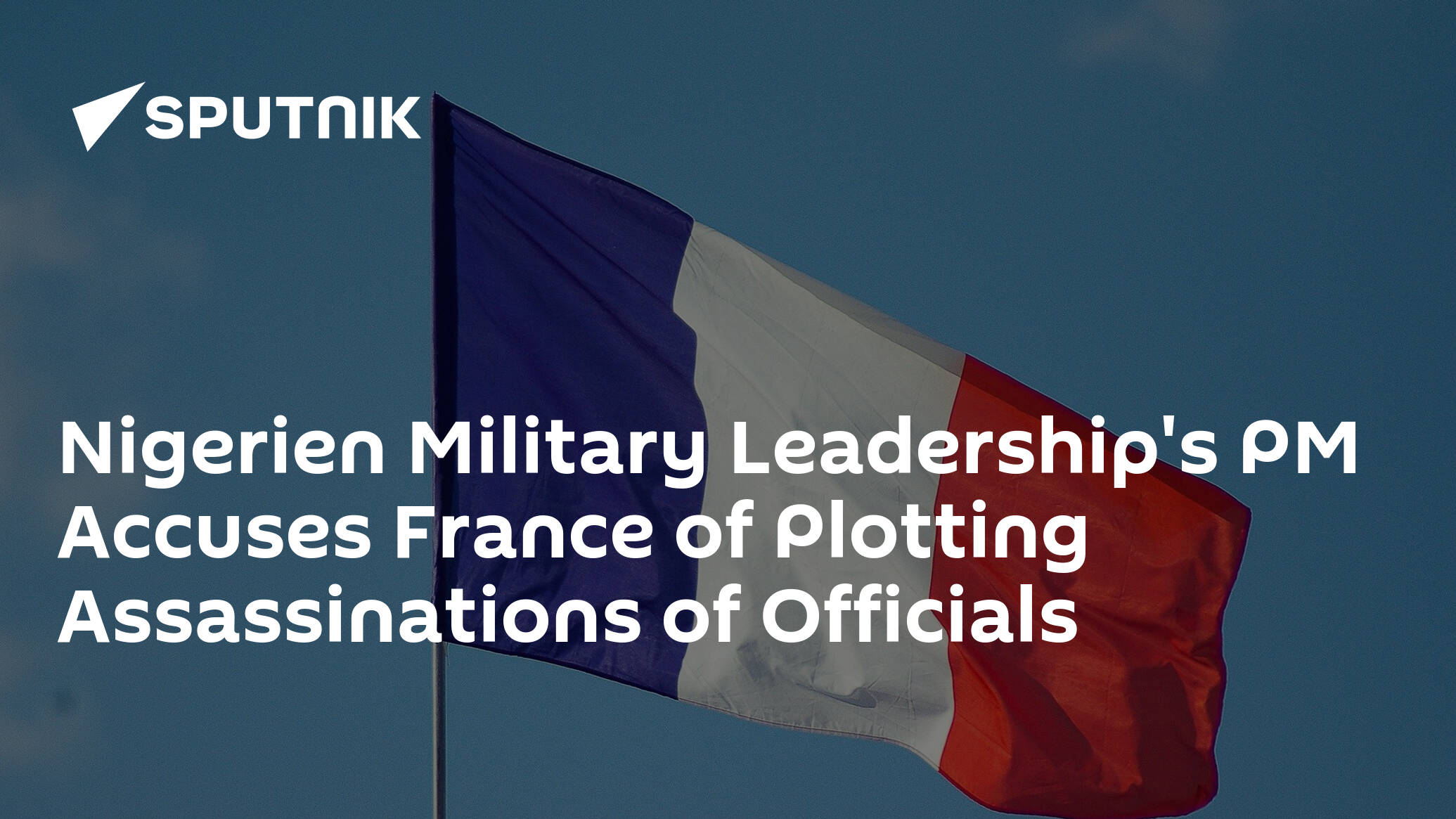"French forces begin withdrawal from Niger under extremely difficult conditions.
Two months after the overthrow of Niger's president, Mohamed Bazoum, in a military coup, President Macron finally decided to withdraw French forces from Niger, as military cooperation against the armed terrorist groups [GAT] was no longer possible, given that the ruling junta was quick to denounce the defense agreements previously signed with France [but not with other countries, including the USA].
For the French Armed Forces General Staff [EMA], this withdrawal from Niger is a challenge, all the more so as the putschists are clearly not prepared to facilitate it. Indeed, Niamey has denied access to its airspace to all French aircraft [including those chartered by France] and closed its border with Benin, a country that could have hosted a "logistical node", with the deep-water port of Cotonou, for the French disengagement.
"The people of Niger will now dictate the shape of future relations with France", even warned General Abdourahamane Tchiani, head of the Niger junta, on October 1.
In any case, on October 5, the French Ministry of the Armed Forces announced that the "disengagement" of French forces "stationed in Niger" would "begin this week", adding that this maneuver "should enable all military personnel to return to France before the end of the year". He added that, despite the junta's hostility, "coordination with the Niger armies is essential to the success of this maneuver", and that "all measures have been taken to ensure that the movements take place in good order and safety".
At present, French forces are deployed in Niamey [in particular to deploy airborne resources, including Reaper drones and Mirage 2000Ds] as well as in Ouallam and Ayorou, where two inter-army tactical sub-groups [S/GTIA] were previously taking part in Niger's "Almahaou" operation in the Liptako region.
The first phase of the withdrawal will consist in regrouping these two S/GTIA in Niamey, which will require them to travel some 100 km. Such a journey could take at least two days, given the state of the tracks. It remains to be seen whether air support will be possible in this region where the Islamic State in the Greater Sahara [EIGS] is active. "We are taking steps to ensure the safety of the people involved in the maneuver," assures the EMA.
Thereafter, and while the reinforcement of logisticians seems compromised [400 were needed to ensure the withdrawal from Mali last year...], it will remain to organize the disengagement of equipment. If the Benin route is not possible, the only option is via Chad, a country from which an air bridge could possibly be organized. Failing anything better, the containers would then take the route to the Cameroonian port of Douala. This would take them over 2,000 km in all, and through dangerous areas, notably in the far north of Cameroon, where the jihadist group Boko Haram and the Islamic State in West Africa [ISWAP] are present.
Meanwhile, since the end of military cooperation with their French counterparts, Niger's armed forces [FAN] have been suffering ever-increasing losses to jihadist groups... An ambush by the EIGS in the Tilla region on October 2, for example, is said to have killed 60 of their ranks... not counting the missing."





